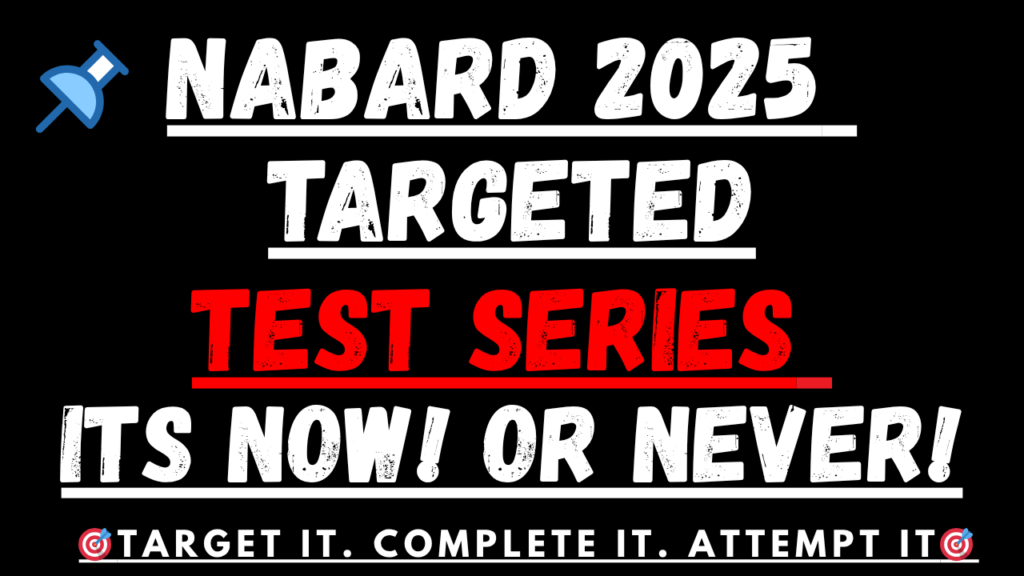Context:
Parliament passed the new Income Tax Bill, replacing the six-decade-old Income Tax Act, 1961, aiming to simplify India’s direct tax law. The Rajya Sabha returned the legislation to the Lok Sabha with a voice vote, completing the parliamentary procedure.
Key Highlights:
- Simplified Tax Framework:
- Introduces the concept of a “tax year” replacing the financial year and assessment year to reduce confusion.
- Makes the law easier to read, understand, and implement.
- Digital Asset Definition Expanded:
- Broader definition of ‘virtual digital assets’ to include crypto-assets, NFTs, and other government-specified digital assets.
- Search Operation Compliance:
- Taxpayers must provide access to virtual spaces like social media accounts, email servers, and cloud storage during search operations.
- CBDT to issue SOPs for handling digital data to protect taxpayer privacy.
- Related Taxation Laws (Amendment) Bill, 2025:
- Passed alongside the main bill.
- Key provisions:
- Tax exemption to public investment funds of Saudi Arabia and its subsidiaries.
- Tax exemption for partial withdrawal under Unified Pension Scheme.
- Revised definition of ‘income’ in block assessments during search/seizure cases.
Direct Tax & Indirect Tax
| Basis | Direct Tax | Indirect Tax |
|---|---|---|
| Who Pays | Paid directly by taxpayer to government | Paid indirectly via sellers/service providers |
| Burden Shift | Cannot be shifted | Can be shifted to another person |
| Examples | Income Tax, Corporate Tax | GST, Customs Duty |
| Nature | Progressive | Regressive |
| Collection | Direct from taxpayer | Collected by intermediaries and remitted to government |



















